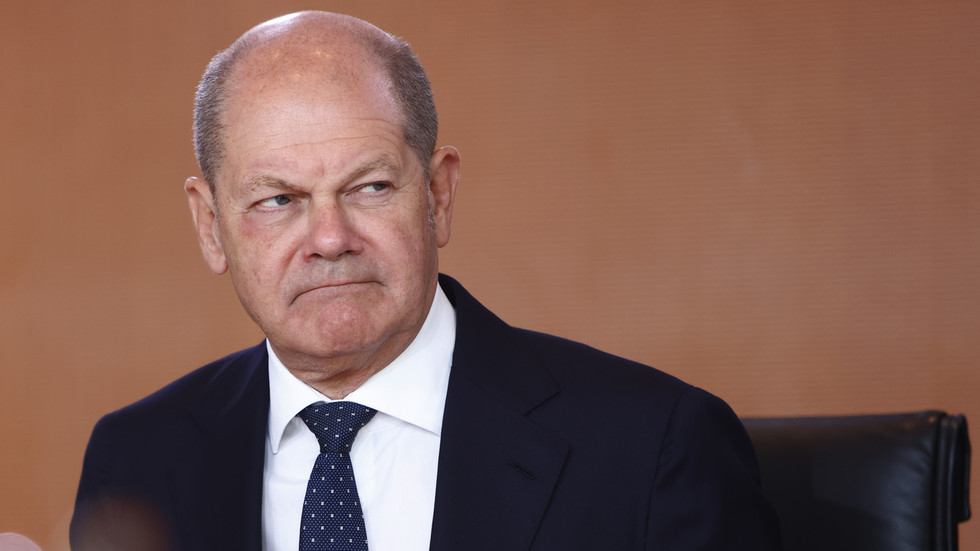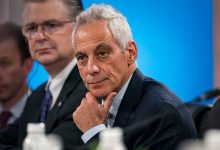
Poland’s president Andrzej Duda reportedly suggested taking $271 billion-worth of Moscow’s reserves to finance Ukraine
German Chancellor Olaf Scholz. © Michele Tantussi/Getty Images German Chancellor Olaf Scholz was “exasperated” when Polish President Andrzej Duda suggested using frozen Russian assets to fund Ukraine, a move that Berlin has long opposed, the Financial Times has reported. While countries like the US, UK, and Ukraine itself have backed the idea, key EU nations, including Germany, France, and Italy, have raised concerns that doing so could undermine the stability of the euro. Although the euro is the currency in most EU countries, seven states still don’t use it, including Poland. Following the escalation of the Russia-Ukraine conflict in February 2022, the US and its allies have immobilized around $300 billion-worth of Russian assets as part of sanctions. The bulk of the funds, around $213 billion (€197 billion), is being held at the Brussels-based clearinghouse Euroclear. In its article on Friday, the FT claimed that during a meeting of EU leaders in Brussels on Wednesday night, Polish President Duda suggested outright confiscating the frozen Russian assets to ensure continued support for Ukraine, should US President-elect Donald Trump choose to slash Washington’s contribution.
The British newspaper, citing “three people briefed on the discussions,” reported that Scholz “became irate” and sharply rebuked Duda over his proposal. The German chancellor reportedly said “You don’t understand how this would affect the stability of our financial markets,” raising his voice and startling those present. He further pointed out Poland’s continued use of the zloty instead of the euro, adding, “You don’t even use the euro!” Last week, the EU’s top diplomat, the newly-appointed Kaja Kallas, told Politico that the bloc should use the frozen Russian assets to reconstruct Ukraine before handing back whatever remains. The former Estonian prime minister added that she doubted there would be “anything left over.” Euroclear announced earlier it that in July it made a first payment of about $1.6 billion (€1.55 billion) to the European Fund for Ukraine, taken from the interest generated by the frozen Russian assets. In June, the G7 countries also agreed to provide Kiev with a $50 billion aid package financed by revenues from the immobilized funds. Talking to Bloomberg earlier this month, Euroclear CEO Valerie Urbain warned that the outright appropriation of the frozen Russian reserves could threaten the euro’s role as a reserve currency and pose risks to the broader stability of the bloc’s finances. Her predecessor in office, Christine Lagarde, has previously made similar assessments. Moscow has repeatedly accused the West of “stealing” its money and warned that tapping these funds would be illegal, and would set a dangerous precedent. Last month, Russian Finance Minister Anton Siluanov said that Moscow would respond in kind. “We have also frozen the resources of Western investors, Western financial market participants and companies. The income from these assets will also be used,” the official clarified.





